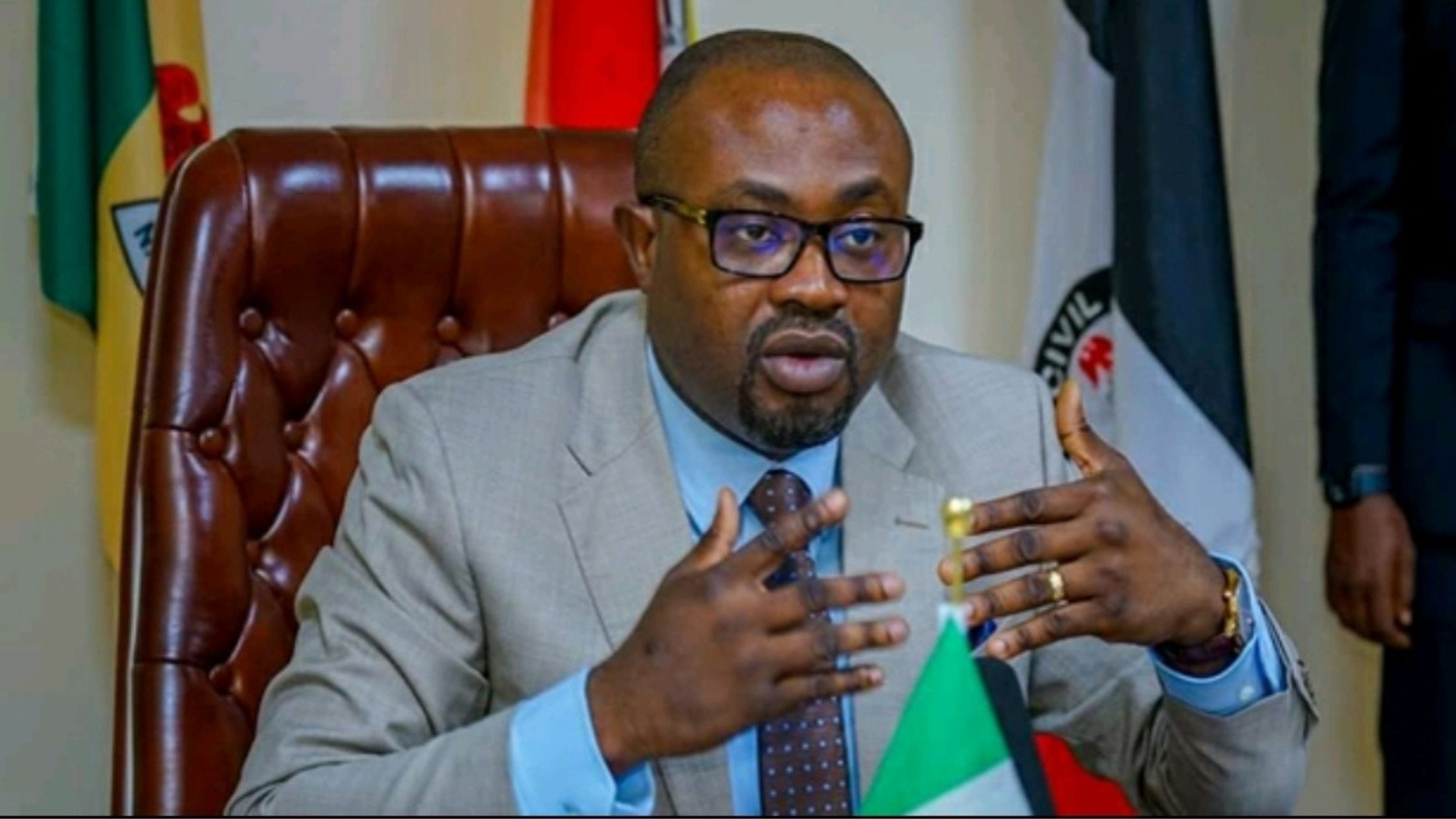![]()
![]()
![]()
Nigeria's Borders Get Tougher: International Criminals Busted at Airports

Lagos, Nigeria – In a significant boost to national security, Nigeria's Minister of Interior, Olubunmi Tunji-Ojo, has revealed that a recent surge in surveillance and intelligence gathering at the nation's airports led to the swift arrest of several international criminals.1 These individuals, on Interpol's "red list" and declared wanted by various European countries, were apprehended within a mere two days of attempting to enter Nigeria.
Minister Tunji-Ojo shared these remarkable developments on Tuesday at a regional workshop on Maritime Border Security in Lagos, emphasizing Nigeria's enhanced capacity to identify and intercept high-profile fugitives. He disclosed that among those arrested were individuals originating from Italy, the Republic of Ireland, and other nations.
"To a large extent, we have built a robust database, and we are reaping the fruits of that," Tunji-Ojo stated, highlighting the success of recent investments. "Now, it will interest you that a couple of weeks ago, within two days, a lot of people on the Interpol and red list were arrested at our airports. It means that these people would have come in."
He added that while such individuals might have previously slipped through the cracks, potentially entering Nigeria as far back as 18 years ago, the current integrated system ensures that air terminals are "in sync" with the central database, preventing their entry.
A major leap in border security, the Minister revealed, is Nigeria's newly implemented Advanced Passenger Information (API) system. This cutting-edge technology allows immigration officers to pre-profile passengers arriving in the country, scrutinizing their records, antecedents, and travel history before they even land.2
"Now, we can tell you that Nigeria now has an API solution. We never had that before now," Tunji-Ojo asserted. "Before now, we were one of the few countries without an API solution, without the opportunity for our immigration officers to pre-profile people coming into Nigeria, not being able to query their background, query their record system, query their antecedents and their travel history."
He credited the current administration for this pivotal advancement. "We never had that capacity before President Bola Tinubu came on board, but today, I tell you, NIS has that, so if you’re coming into Nigeria today, before you come, we know everything about you. We’ve queried you, we know where you’re coming from, and we can tell from their aspect, we’re now fulfilling our international obligations to our international colleagues by being able to uphold the tenets of UN resolution of the API solution that we have at the moment.”
Earlier in the workshop, Comptroller General of the Nigeria Immigration Service (NIS), Kemi Nandap, underscored the Service's critical role in maritime border security.3 She stressed the importance of preventing foreign terrorist fighters and other criminal elements from exploiting Nigeria's territorial integrity. Nandap also highlighted the persistent threats posed by maritime insecurity, including illegal oil bunkering, fishing, piracy, armed robbery, and oil-related crimes, all of which endanger vessels and their crews.
This significant upgrade in Nigeria's border security infrastructure marks a turning point in the nation's fight against international crime, promising a more secure future for its citizens and a stronger stance against global illicit activities.
Posted on: Sat May 24 2025 Back to postsContact us on any of our socials for inquiries
Other Categories
